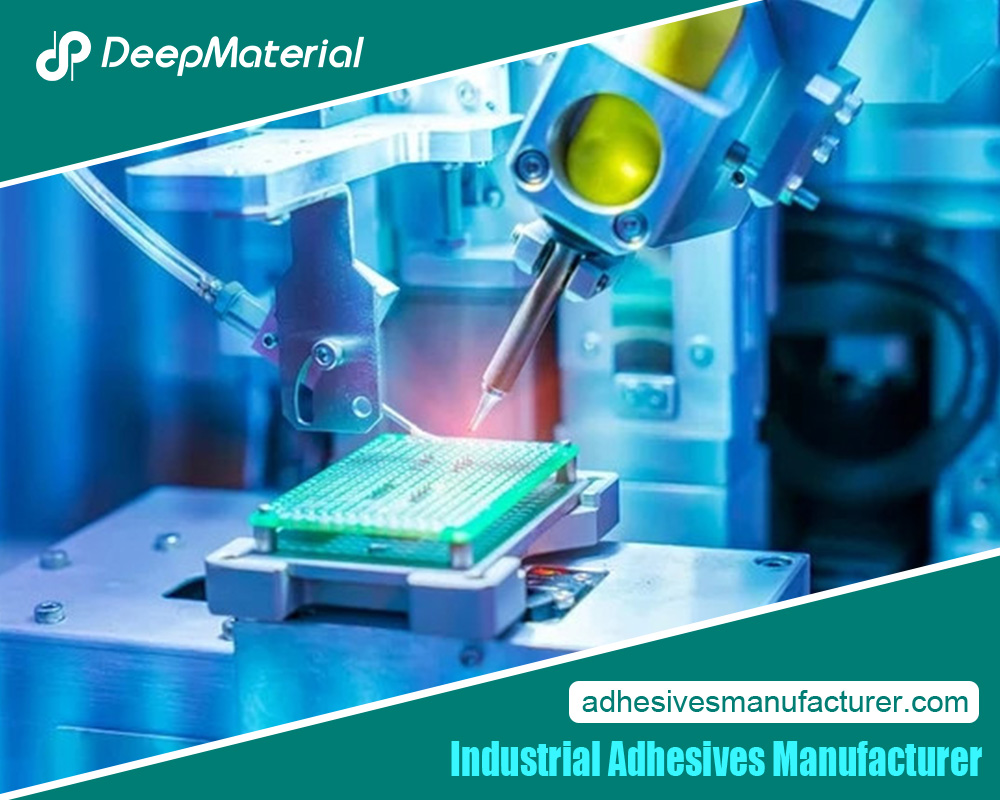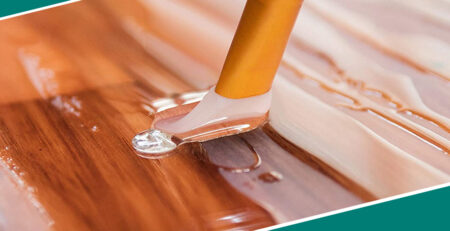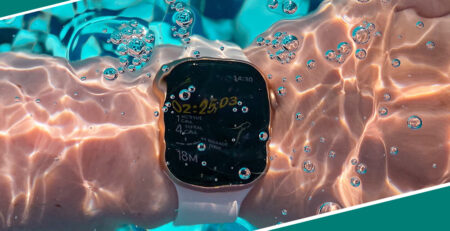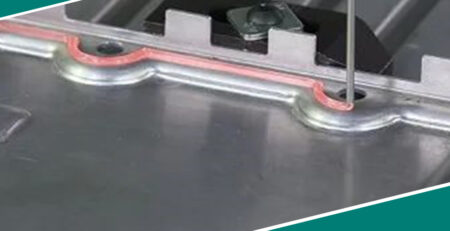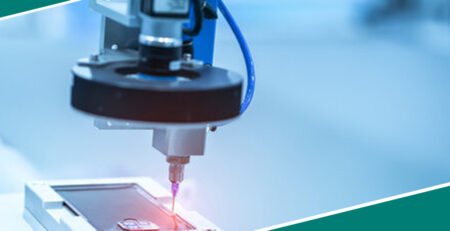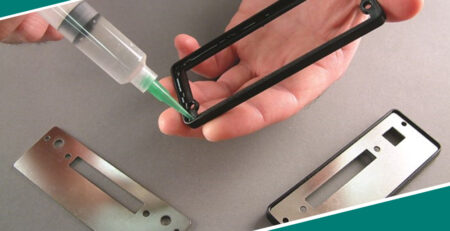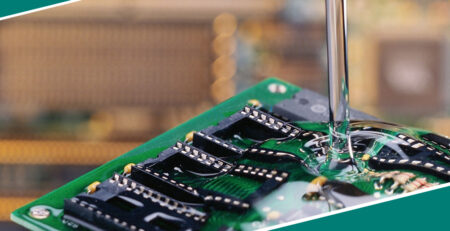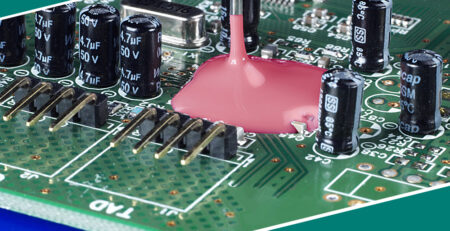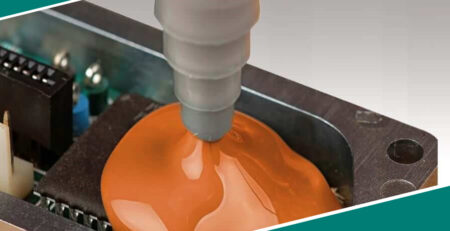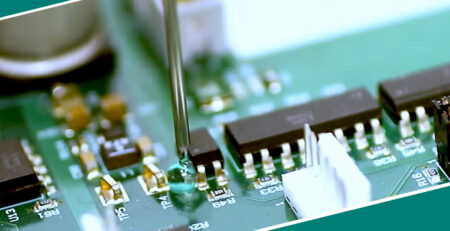From DIY to Professional Projects: The Best Epoxy Adhesive for Metal Applications
From DIY to Professional Projects: The Best Epoxy Adhesive for Metal Applications
Epoxy adhesives are widely used in various industries for bonding metals due to their exceptional strength and durability. Whether you are working on a DIY project or a professional application, choosing the right adhesive is crucial for the success of your project. In this article, we will be discussing the benefits of epoxy adhesives for metal bonding, the different types available, factors to consider when choosing the best adhesive, and provide a step-by-step guide on how to apply epoxy adhesive on metal surfaces.
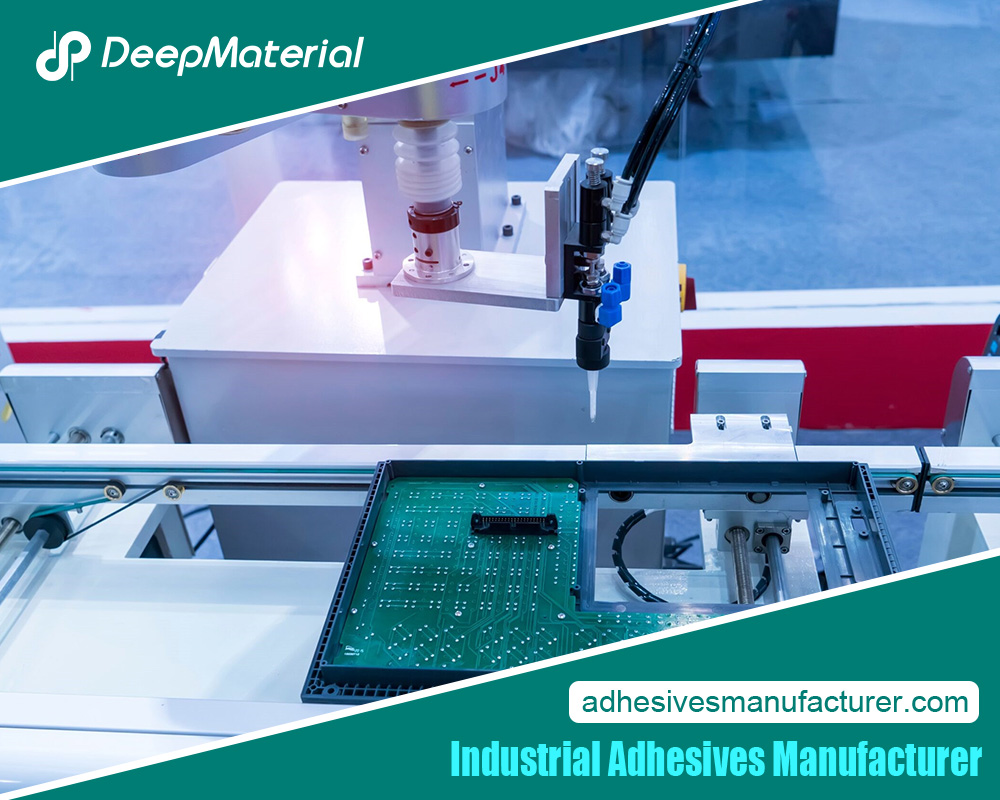
Benefits of Epoxy Adhesives for Metal Bonding
One of the key benefits of epoxy adhesives for metal bonding is their strong and durable bonds. Epoxy adhesives have excellent adhesive properties and can create bonds that are stronger than the materials being bonded. This makes them ideal for applications where high strength and load-bearing capabilities are required.
Epoxy adhesives also offer resistance to chemicals and temperature changes, making them suitable for use in harsh environments. They can withstand exposure to solvents, fuels, oils, and other chemicals without losing their bond strength. Additionally, epoxy adhesives have a high resistance to temperature fluctuations, allowing them to maintain their bond integrity even in extreme heat or cold.
Another advantage of epoxy adhesives is their versatility in bonding different types of metals. They can be used to bond a wide range of metals, including steel, aluminum, copper, brass, and more. This makes them a popular choice in industries such as automotive, aerospace, construction, and manufacturing.
Types of Epoxy Adhesives for Metal Applications
There are different types of epoxy adhesives available for metal applications, each with its own unique properties and curing methods.
One-part epoxy adhesives come pre-mixed and are ready to use straight from the container. They are typically used for small-scale applications or when a quick bond is required. One-part epoxy adhesives cure at room temperature and do not require any additional mixing or curing agents.
Two-part epoxy adhesives consist of a resin and a hardener that need to be mixed together before use. They offer a longer working time and can be used for larger-scale applications. Two-part epoxy adhesives can be either heat-cured or cured at room temperature, depending on the specific product.
Specialty epoxy adhesives are also available for specific metal applications. For example, there are epoxy adhesives designed for bonding dissimilar metals, such as aluminum to steel. These specialty adhesives have unique formulations that ensure a strong and durable bond between different types of metals.
Factors to Consider When Choosing the Best Epoxy Adhesive for Metal
When choosing the best epoxy adhesive for your metal project, there are several factors to consider:
Type of metal being bonded: Different metals have different surface properties and require specific adhesives. It is important to choose an adhesive that is compatible with the metal you are working with.
Environmental Factors: Consider the environmental conditions the adhesive will be exposed to, such as temperature, humidity, and exposure to chemicals. Some epoxy adhesives are better suited for high-temperature environments, while others offer better resistance to chemicals.
Strength and durability requirements: Determine the load-bearing capabilities and durability requirements of your project. Some applications may require a high-strength adhesive, while others may require flexibility or impact resistance.
Application method: Consider the application method and the accessibility of the bonding surfaces. Some epoxy adhesives are better suited for vertical or overhead applications, while others are more suitable for horizontal surfaces.
Tips for Achieving Strong and Durable Epoxy Adhesive Bonds on Metal
To achieve strong and durable epoxy adhesive bonds on metal, consider the following tips:
Proper surface preparation: Ensure that the metal surfaces are clean, dry, and properly roughened before applying the adhesive. This will improve the adhesion and bond strength.
Mixing the adhesive correctly: Follow the manufacturer’s instructions for mixing the adhesive components. Improper mixing can result in weak or ineffective bonds.
Applying the adhesive evenly: Apply the adhesive in a thin, even layer to ensure proper coverage and bonding. Avoid applying too much adhesive, as this can lead to excess squeeze-out and weak bonds.
Using the right amount of adhesive: Use the recommended amount of adhesive for your specific application. Applying too little adhesive may result in weak bonds, while applying too much can lead to excess squeeze-out and messiness.
Allowing sufficient curing time: Be patient and allow the adhesive to fully cure before subjecting the bond to any stress or load. Rushing the curing process can compromise the bond strength.
Common Mistakes to Avoid When Using Epoxy Adhesives on Metal
To ensure successful bonding with epoxy adhesives on metal, avoid the following common mistakes:
Inadequate surface preparation: Skipping or rushing the surface preparation process can result in weak or ineffective bonds. Take the time to properly clean, degrease, and roughen the metal surfaces before applying the adhesive.
Incorrect mixing ratios: Failing to mix the epoxy adhesive components in the correct ratios can lead to weak or ineffective bonds. Follow the manufacturer’s instructions carefully and use accurate measuring tools.
Over-applying or under-applying the adhesive: Applying too much or too little adhesive can compromise the bond strength. Use the recommended amount of adhesive for your specific application.
Insufficient curing time: Rushing the curing process can result in weak or brittle bonds. Allow the adhesive to fully cure according to the manufacturer’s instructions before subjecting the bond to any stress or load.
Applications of Epoxy Adhesives for Metal in DIY and Professional Projects
Epoxy adhesives for metal have a wide range of applications in both DIY and professional projects. Some common applications include:
Automotive repairs: Epoxy adhesives are commonly used in automotive repairs, such as bonding metal panels, repairing cracks or holes, and securing trim or moldings.
Metal fabrication and welding: Epoxy adhesives can be used in metal fabrication and welding applications to bond metal components, fill gaps or voids, and reinforce joints.
Jewelry making: Epoxy adhesives are often used in jewelry making to bond metal findings, attach gemstones or beads, and create secure and durable connections.
Household repairs and renovations: Epoxy adhesives are useful for various household repairs and renovations, such as fixing broken metal objects, repairing appliances, or securing loose fixtures.
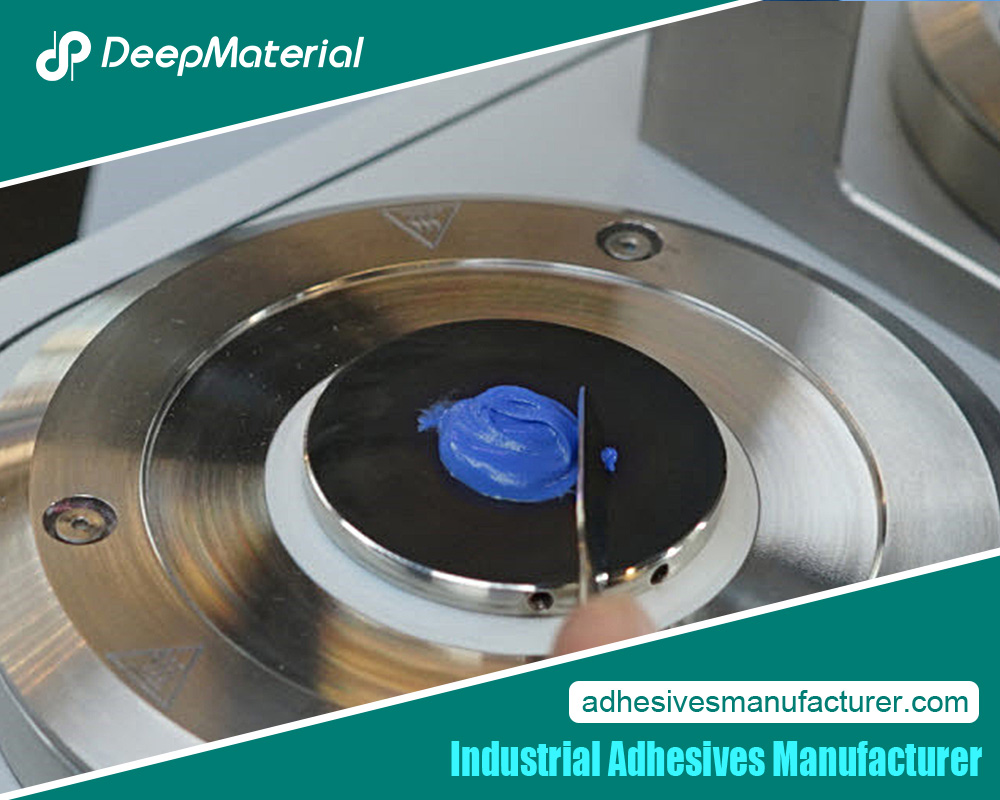
Final Verdict
In conclusion, choosing the right epoxy adhesive for your metal project is crucial for achieving strong and durable bonds. Consider factors such as the type of metal being bonded, environmental conditions, strength and durability requirements, and application method when selecting an adhesive. Proper surface preparation and following the manufacturer’s instructions for mixing and curing are essential for successful bonding. By taking these factors into account and following best practices, you can ensure the success of your metal bonding projects.
For more about the Best Epoxy Adhesive for Metal Applications, you can pay a visit to Deepmaterial at https://www.adhesivesmanufacturer.com/ for more info.

